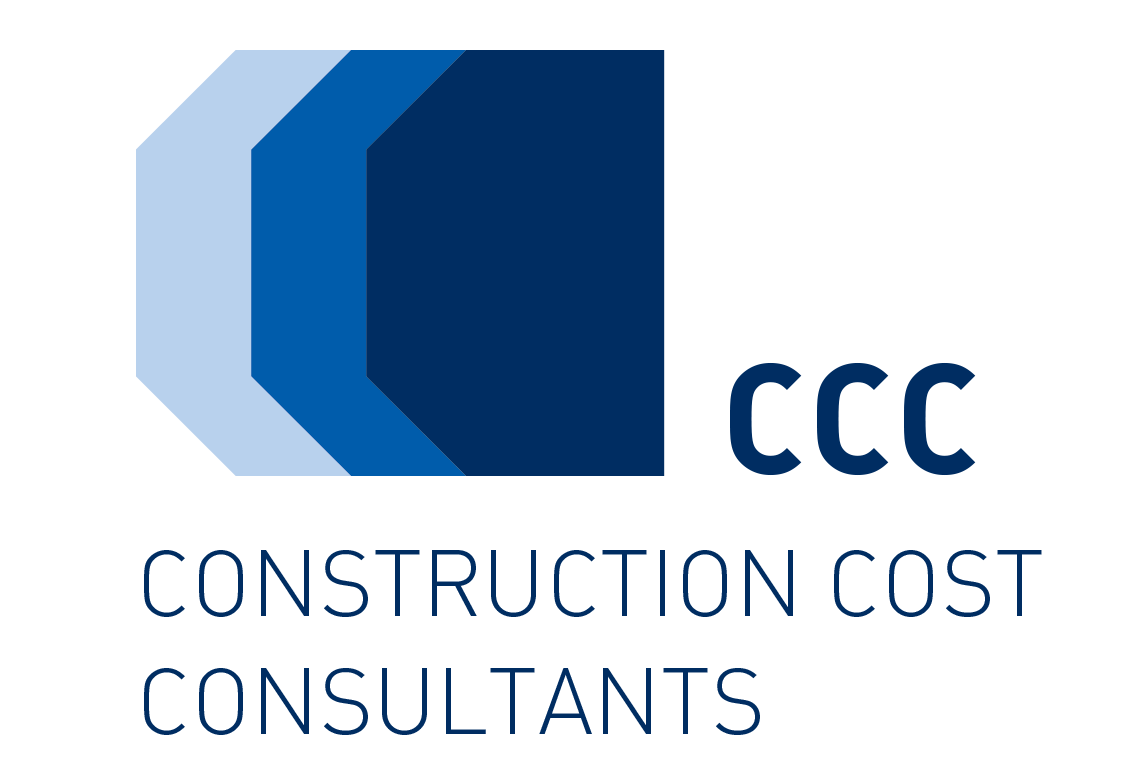Recent disasters underline the need for accurate house insurance.
As a life insurance advisor, Mt Albert resident Yvonne Proctor thought she knew enough about the industry to assume she had adequate cover for her own home.
Instead she was shocked to find out she was one of an estimated 85 per cent of Kiwi homeowners who would not receive enough money to rebuild if their house was lost to fire or natural disaster.
Many homeowners who have relied on online calculators to estimate the insurance value of their homes are waking up to the fact that most New Zealand homes are not adequately insured – a stark reminder in the wake of widespread damage from Cyclone Gabrielle and the Auckland, Hawke’s Bay, and Gisborne flooding.
Risk and Insurance Lead Fraser Walker, of Construction Cost Consultants, says a major shift in insurance requirements occurred in the wake of the Christchurch earthquakes, which decimated not only the city but also the insurance industry. Rather than homes being insured for ‘replacement’, based on a cost per square metre, the onus was placed on homeowners to nominate their own ‘sum insured’ value.
“The Christchurch earthquakes, in particular, exposed how inaccurate that square metre rate system was, and insurance companies had really underestimated their exposure,” he says. “Most decided to shift the burden to the customer to nominate a sum insured. Suddenly homeowners were being asked what they thought their home was worth to replace, when they’re not in the construction industry — and they’re not builders.”
Many insurance companies and brokers recommended clients use an online rebuild cost calculator, but these often draw on outdated council information and can’t keep up with material price increases, Walker says.
He suggests those calculators can under-estimate by “at least 20 per cent” — and that’s taking New Zealand as a whole, not looking at more expensive areas to build in or higher-end properties. A Treasury report in 2016 — before the recent inflation and cost surges caused by Covid — suggested up to 85 per cent of homes across New Zealand were under-insured, by an average of 30 per cent — an estimated under-insurance of up to $184 billion nationally.
In Proctor’s case, when she changed insurance companies in 2021, she insured her home for a replacement value of around $520,000, based on an estimate from an online calculator.
“As an insurance advisor and ex-bank manager, I’m fairly familiar with insurance companies,” Proctor says. “I thought they knew best and that cover was adequate but, in the back of my mind, I kept thinking, what if they’re wrong?”
To reassure herself, she employed Construction Cost Consultants to prepare a more accurate replacement-cost valuation — and was shocked by the result: ‘Their report showed I was under-insured by around $390,000,’ Proctor says. “If I had been living somewhere like Hawke’s Bay or Gisborne and my house had been annihilated, I would have been that much short of replacement value — I wouldn’t have been able to afford to rebuild.”
Walker says quantity surveyors give homeowners a more accurate picture of a home’s worth than a traditional registered valuers: “A regular valuer is looking at market valuation – but that bears no resemblance to rebuild cost. They’re looking at where it is, does it have a view and so on, whereas a rebuild valuation is looking at the actual bricks and mortar cost.”
Walker says being active in the construction industry means quantity surveyors like Construction Cost Consultants have access to up-to-date, real-time information on what materials and services actually cost.
“Because we’re working in that space to the tune of several billion dollars at any one time, our data is always being revised to provide accurate pricing for materials, labour and construction inflation. That makes us extremely useful in the case of home rebuild valuation reports.”
Walker recommends reviewing the valuation every couple of years, to account for building cost increases: “At the end of the day, it will give you peace of mind, should there be a fire or some natural catastrophic event, when you will need to be insured for the correct value. If there’s another event like Christchurch, insurance companies are only going to pay out the agreed sum insured.”
Walker also says that, as premiums are calculated based on the fact that most claims are not for total loss, increasing a home’s total sum insured by, say, 30 per cent won’t hike premiums by a similar percentage.
For example, Proctor’s home is now insured for $910,000, which has increased her insurance premiums by around $30 a month.
“But I feel far better off,” she says. “Of course you don’t want something to happen to your house but, with everything recently, I know the worst can happen.”
For more information: costconsultants.co.nz/
Watch here: Cyclone Gabrielle path of destruction

